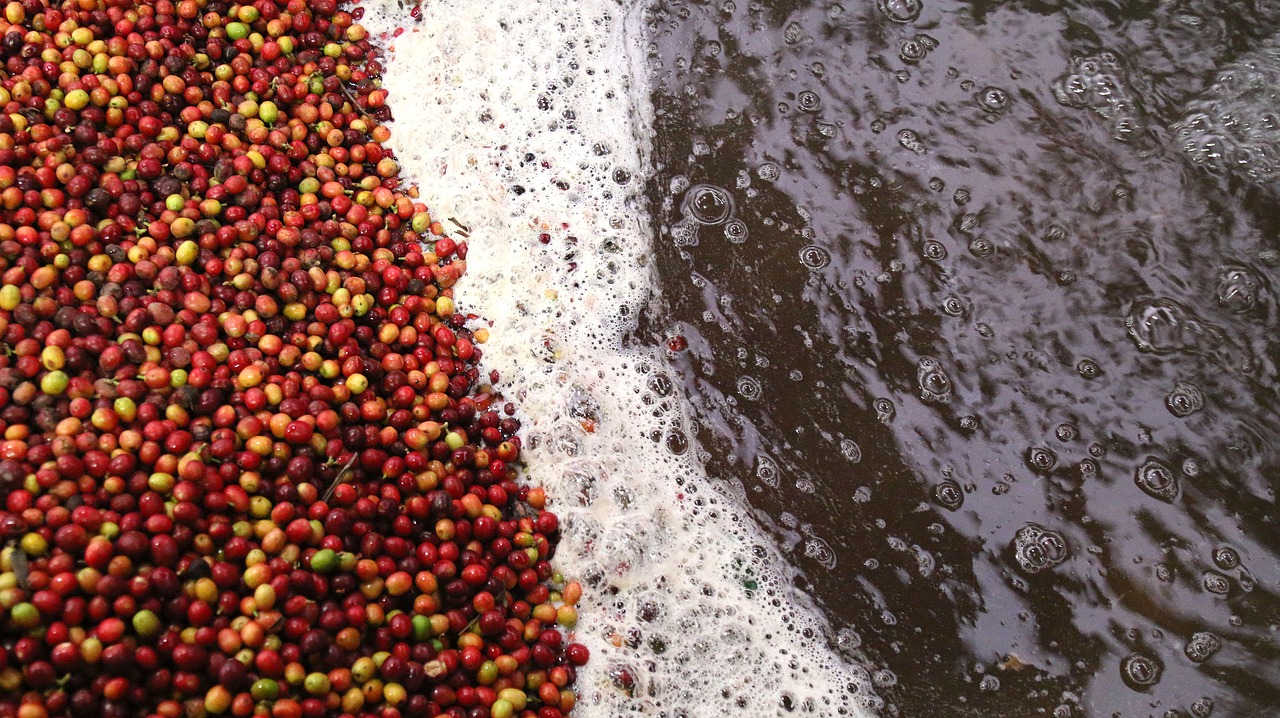Wastewater from coffee processing remains a persistent polluter, affecting waterways, soil health and entire coffee-growing communities. In the case of small, farm-level mills — like those found throughout Colombia and other Latin American coffee countries — coffee wastewater is often filled with with organic matter, it’s extremely acidic, and it has high biochemical oxygen demand.
Yet viable solutions for sustainable wastewater management remain financially out of reach for many producers who may be already operating on razor thin margins.
Researchers at the University of Surrey in the UK and the Universidad de Antioquia in Colombia believe they may be onto a solution that not only treats wastewater, but also converts energy saved from the process into electricity. More importantly, the solution is cheap, involving a small fuel cell that contains microbes commonly found in water treatment plants.
The microbial fuel cell project recently received a boost of up to $125,000 as one of five winners of the 2018 Newton Prize, which draws from a UK fund to support innovative social welfare projects in developing countries.
Dr. Claudio Avignone-Rossa (Surrey) has been leading the project along with Dr. Lina Agudelo (Antioquia). The goal now is to further develop the fuel cells for extended use at a coffee cooperative near Antioquia, with the hope that it can find success and scaleability as a financially viable solution for coffee producers.
A University of Surrey news announcement suggested that the inexpensive wastewater treatment solution could be pitched to large coffee-buying companies in traditional consumer markets to strengthen sustainability in their supply chains.
“By using microbial fuel cells to clean up their waste water, and reusing it, Colombian coffee farmers could relieve a huge strain on their water supply. As well as offering an environmentally-friendly alternative to treat waste water, the generation of electricity could boost social and economic development for Colombia’s farming communities,” the university’s news service said. “If their fuel cells are used successfully in Colombia, the researchers hope to engage with large coffee companies in Europe to adopt the same approach to treating their waste.”
The figure often quoted by water sustainability experts is that it requires 140 liters of water on average to produce one cup of coffee, although some experts have suggested that number needs revising.
Nick Brown
Nick Brown is the editor of Daily Coffee News by Roast Magazine.







Comment